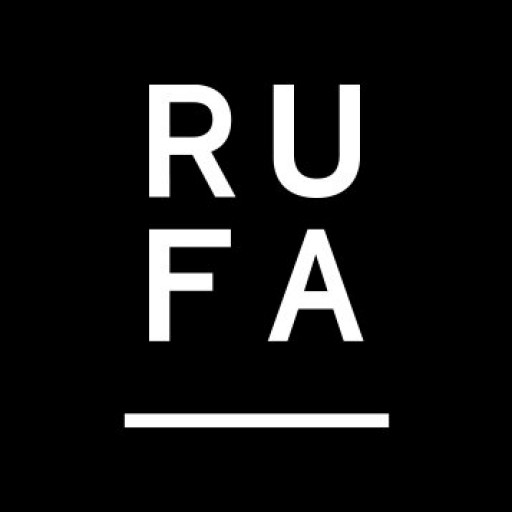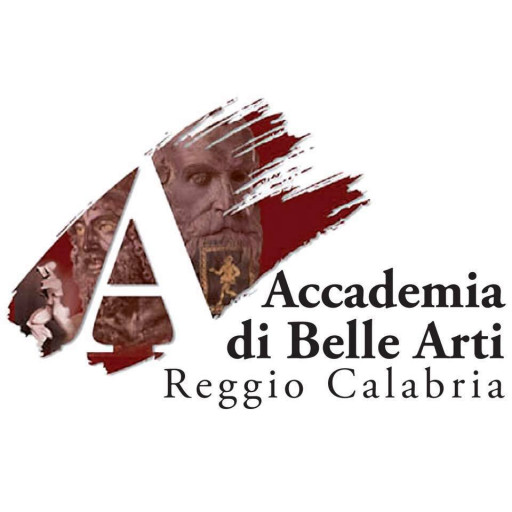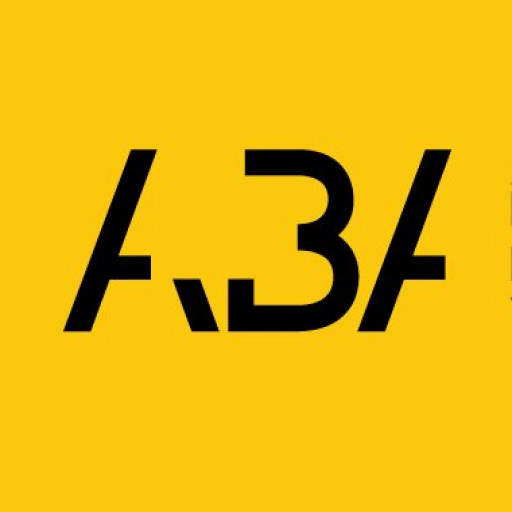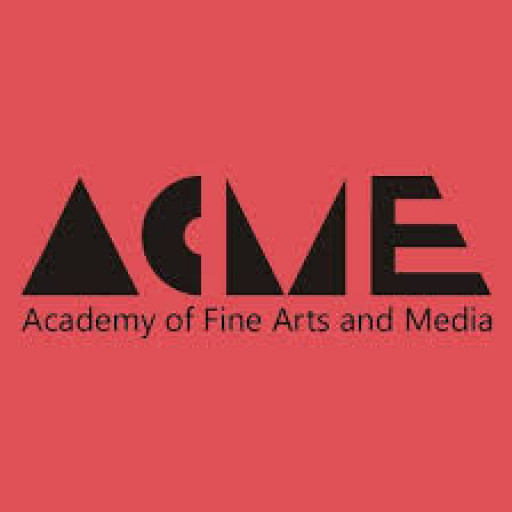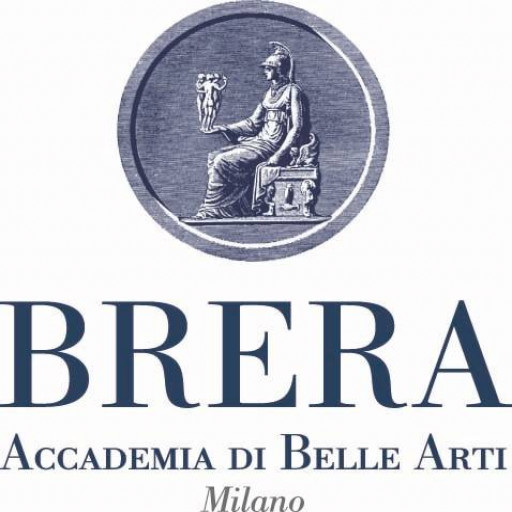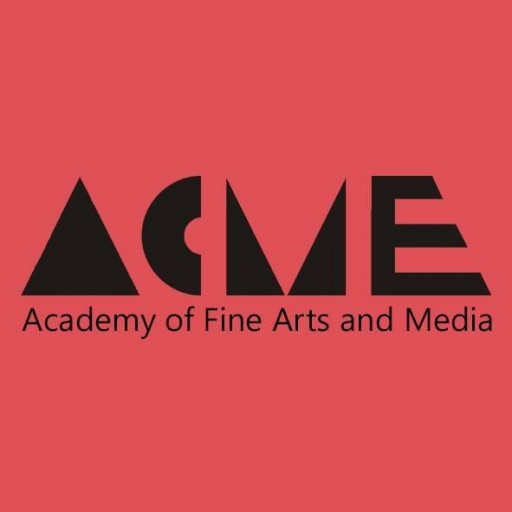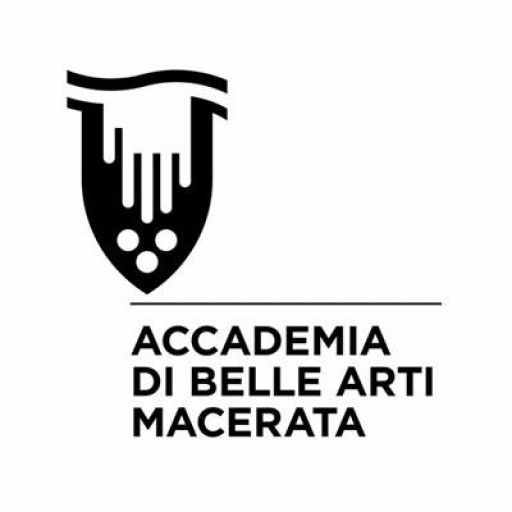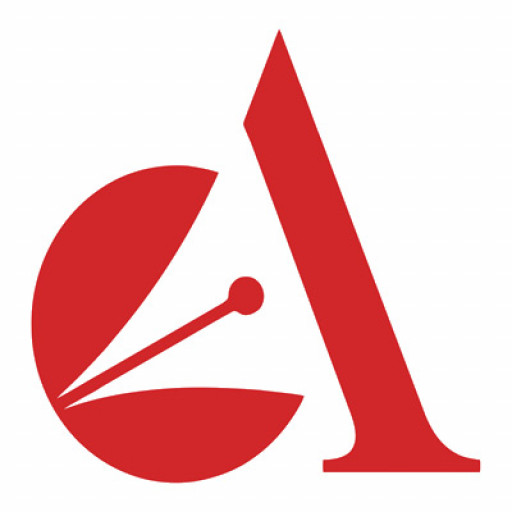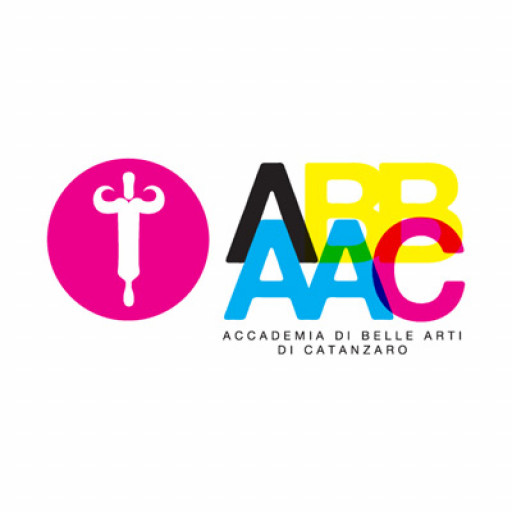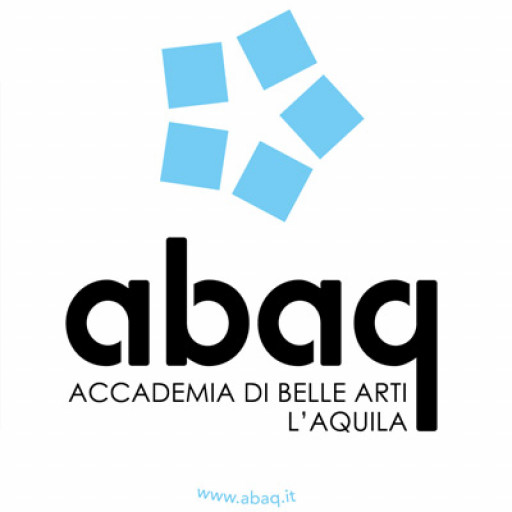Photos of university / #uniofeastanglia
The BA Film and History programme at the University of East Anglia offers students a unique opportunity to explore the dynamic worlds of cinema and historical studies, integrating critical perspectives from both disciplines to foster a comprehensive understanding of cultural, social, and political developments through time. This interdisciplinary course is designed to provide students with a robust foundation in film analysis, production, and history, alongside an in-depth examination of historical contexts, events, and themes.
Throughout the programme, students will engage with a diverse range of film genres, styles, and movements, analyzing their cultural significance and historical backgrounds. They will learn key film theory and criticism techniques, as well as practical skills in filmmaking, scripting, and editing, preparing them for careers in media production, criticism, or academia. Simultaneously, the history component encourages students to critically examine significant periods, figures, and processes shaping the modern world, fostering analytical skills in source analysis, historiography, and contextual interpretation.
The programme emphasizes critical thinking, research, and communication skills, enabling students to produce compelling essays, projects, and presentations. It also offers opportunities for work placements, internships, and collaborative projects, connecting classroom learning with real-world applications. The faculty’s expertise in both film studies and history ensures a supportive learning environment, incorporating innovative teaching methods, seminars, workshops, and access to extensive film archives and historical resources.
Graduates from this programme will be well-equipped for careers in film production, broadcasting, journalism, museum and archive work, teaching, or further academic research. The programme’s flexible structure allows students to tailor their coursework to their interests, combining film and history modules in ways that best suit their future ambitions. With its mix of theoretical knowledge and practical skills, the BA Film and History at UEA opens diverse pathways for those passionate about understanding and shaping cultural narratives through film and historical inquiry.
Detailed Course Facts
Application deadline January 15 Tuition fee- EUR 10560 Year (EEA)
- EUR 14600 Year (Non-EEA)
Duration full-time 36 months Languages Take an IELTS test
- English
Course Content
Year 1
The first year will introduce you to a number of theoretical and historical approaches that will help you to think about the history of film and other media, and also the study of history using film and other media as primary sources. The modules you will study include: Studies in Film History; Analysing Film and Television; Introduction to Modern History; and European History on Film.
Year 2
Two core modules, Documentary: History, Theory, Criticism; and Propaganda, encourage you to explore the relationships between the disciplines of history and film studies. You will also take modules in research training and media practice that will prepare you for advanced work in your final year; for the latter, you will have the choice of taking Video Production or TV Studio Production. You also have the opportunity to take two free choices from the School of History, including: Twentieth-Century Britain; Imperial Russian and Soviet History, 1861-1945; Women, Power and Politics; and Heritage and Public History.
Year 3
Fewer modules will be taken but studied in more depth, allowing you to extend and develop your knowledge and skills, undertaking your own original research in written and/or practice based projects including a dissertation based on a topic of your choice. A core module, Contesting the Past, will ask you to interrogate the construction and reconstruction of memory in historical representations. You will also have the opportunity to develop interests in documentary filmmaking by taking a specialist practice module in which you will source archive footage and produce a historical documentary. Other module choices include: Selling Spectacle; Asian Cinema; Stanley Kubrick: Films in Context; A World at War; and Youth in Modern Europe.
Teaching and Assessment
Academic study skills, key concepts, issues and ideas are introduced in lectures and seminars throughout your studies. In Years 2 and 3 there is a greater emphasis on seminar-based modules, which allow students to have time together with tutors to discuss new topics. Modules are chosen from a range offered within the School and across the University. You will spend time studying and researching in the library and you are also likely to spend time on production work or projects.
Assessment types vary, but it is normal for students to undertake research essays, projects, examinations and presentations across their degrees. Assessments usually take place during and at the completion of modules. In your final year, you will also write a dissertation on a topic of your choice and with the advice of tutors. There is no final examination. Your final degree result is determined by the marks you receive in years two and four.
All students joining degrees in the School of Film, Television and Media Studies would find it helpful to read Timothy Corrigan's A Short Guide to Writing about Film, (2010, 7th Edition, New York: Longman) over the summer prior to joining the University of East Anglia.
English Language Requirements
IELTS band : 6.5 TOEFL iBT® test : 92
To study at this university, you have to speak English. We advice you to
take an IELTS test. More About IELTSRequirements
- Qualification: BA (Hons)
- A Level: ABB - BBB including B in History
- International Baccalaureate: 32-31 including 5 in Higher Level History
- Scottish Highers: Must have History in Advanced Higher
- Scottish Advanced Highers: ABB-BBB including B in History
- Irish Leaving Certificate: AABBBB - BBBBBB including B in History
- Access Course: Please contact the university for further information
- HND: Please contact the university for further information
- European Baccalaureate: 75%-70% including History
Students for whom English is a Foreign language
We welcome applications from students from all academic backgrounds. We require evidence of proficiency in English (including writing, speaking, listening and reading). Recognised English Language qualifications include:
- IELTS: 6.5 overall (minimum 6.5 Writing with no less than 6.0 in any component)
- TOEFL: Internet-based score of 92 overall (minimum 21 in Speaking component, 21 in Writing component, 20 in Reading component and 18 in Listening components.
- PTE: 62 overall (minimum 62 Writing component with no less than 55 in any component).
If you do not meet the University's entry requirements, our INTO Language Learning Centre offers a range of university preparation courses to help you develop the high level of academic and English skills necessary for successful undergraduate study.
Interviews
The majority of candidates will not be called for an interview. However, for some students an interview will be requested. These are normally quite informal and generally cover topics such as your current studies, reasons for choosing the course and your personal interests and extra-curricular activities.
Students will have the opportunity to meet with an academic individually on a Visit Day in order to gain a deeper insight into the course(s) you have applied for.
Gap Year
We welcome applications from students who have already taken or intend to take a gap year.
Deferred Entry - We welcome applications for deferred entry, believing that a year between school and university can be of substantial benefit. You are advised to indicate your reason for wishing to defer entry and may wish to contact the appropriate Admissions Office directly to discuss this further.
Special Entry Requirements
As part of the A level entry requirements, you should have at least a grade B in A level History.
Intakes
The School's annual intake is in September of each year.
Alternative Qualifications
If you have alternative qualifications that have not been mentioned above, then please contact the University directly for further information.
GCSE Offer
Students are required to have GCSE Mathematics and GCSE English Language at Grade C or above.
Assessment
For the majority of candidates the most important factors in assessing the application will be past and future achievement in examinations, academic interest in the subject being applied for, personal interest and extra-curricular activities and the confidential reference.
We consider applicants as individuals and accept students from a very wide range of educational backgrounds and spend time considering your application in order to reach an informed decision relating to your application. Typical offers are indicated above. Please note, there may be additional subject entry requirements specific to individual degree courses.
Work Experience
No work experience is required.
Related Scholarships*
- Academic Excellence Scholarship
"The Academic Excellence Scholarship can provide up to a 50 % reduction in tuition per semester. These scholarships will be renewed if the student maintains superior academic performance during each semester of their 3-year Bachelor programme. The scholarship will be directly applied to the student’s tuition fees."
- Access Bursary
Bursary for UK students all subjects where the variable tuition fee rate is payable.
- Alumni Bursary
Alumni Bursary for UK Undergraduate students
* The scholarships shown on this page are suggestions first and foremost. They could be offered by other organisations than University of East Anglia.
The Film and History program at the University of East Anglia offers students an in-depth exploration of the relationship between cinematic art and historical contexts. This multidisciplinary degree combines the study of film theory, history, and criticism with an analysis of how history is represented and interpreted through film. Throughout the course, students examine a wide range of cinematic works from different periods and genres, alongside historical events, trends, and narratives, fostering a critical understanding of cinema's role in shaping collective memory and cultural identity.
The programme emphasizes theoretical approaches, encouraging students to engage with debates about historiography, memory studies, and visual culture. It also provides practical insights into film production, analysis techniques, and media literacy, preparing graduates for careers in film criticism, archival work, education, or media production. The curriculum includes modules on film history, documentary filmmaking, visual culture, and world cinema, among others, enabling students to develop a broad and nuanced perspective on the medium's capacity to reflect and influence historical understanding.
Students benefit from access to excellent resources, including specialized film archives, screening rooms, and experienced faculty with expertise in film studies, history, and cultural analysis. Regular seminars, workshops, and opportunities for independent research allow students to pursue specific interests within the field. The programme supports interdisciplinary learning and offers pathways for further academic research or professional development in media, heritage management, and cultural sectors.
Graduates of the Film and History program have gone on to careers in film criticism, curation, teaching, public history, and digital media, among other fields. The University of East Anglia's strong connections with cultural institutions and media organizations provide valuable networking opportunities and practical experience. Overall, the program aims to cultivate visually literate, critically minded individuals equipped to analyze the significance of film within historical contexts and contribute thoughtfully to discussions about history, culture, and media in contemporary society.

